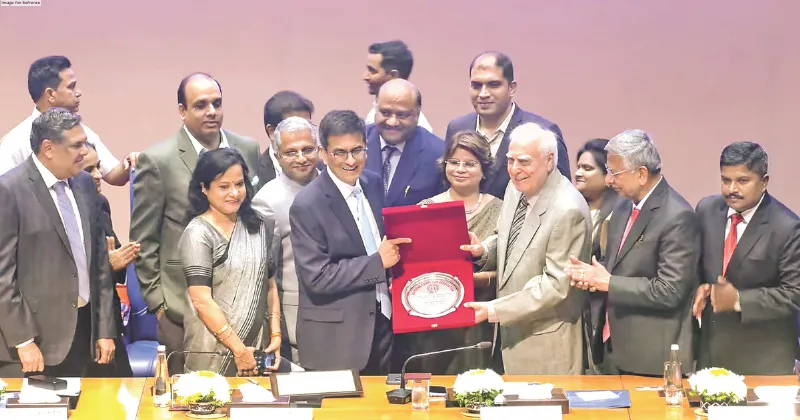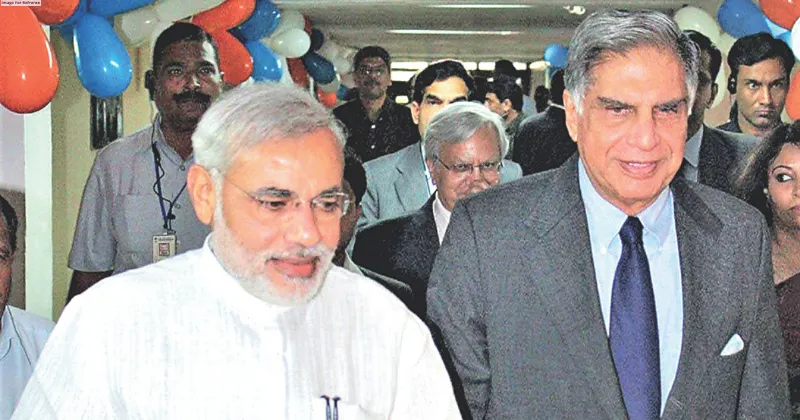EXPECTATIONS AND DISAPPOINTMENTS

Aspirations attained and hopes realized result in satisfaction. But, many of our dreams and expectations do not turn out the way we wish. Recurring disappointments in life can make one feel exasperated with oneself and even with others.
With the fast pace of life today, the more one tries to keep up, the further one seems to fall behind. Demands on one’s time and energy can be unrelenting, and when one fails to get the set task done, one can begin to feel as though one is letting others down.
“I failed again!” Often, we say this, when we are unable to accomplish what we have decided to do. How can one deal with such feelings?
To experience happiness, one needs to cultivate reasonable expectations and a realistic view of one’s abilities and circumstances. Trying to attain unreasonably high goals can give undue tension and frustration. Also, becoming too lenient with oneself and slowing down can result in disappointments.
Deteriorating health or diminished energy magnifies one’s limitations and can trigger feelings of dissatisfaction and distress. Left unchanged, such feelings cause one to believe that he or she is not appreciated by others.
If a close friend shows signs of exhaustion due to over exertion, would one not try to help him / her to make some adjustments in life? Similarly, one must recognize the signs when one is going beyond one’s own limits.
To have a reasonable view of one’s condition can be challenging if one is brought up in an overly demanding family, where there is constant pressure to do more.
Getting some rest before starting any increased activities and finding a pace that fits one’s capabilities, builds up energy and preserves the right attitude toward work.
Often, one has no control over adverse storm like circumstances that one encounters in life. Dwelling on constraints prevents one from seeing possibilities that are still within reach. One can stay active and happy by adjusting the way one uses one’s physical, mental and emotional resources.
Being balanced in what one expects of oneself and showing consideration and appreciation for any help offered by others builds cooperation and mutual understanding.
The belief that one has to be absolutely perfect in everything afflicts the thinking of many. There is a big difference between the healthy pursuit of excellence and the unhealthy striving for an impossible ideal.
People who strive for excellence are orderly and organised and have high expectations from themselves, but they also accept their errors and have positive ways of coping with them.
Perfectionists, on the other hand, live in a constant state of stress. Such ones may avoid doing anything new or may put off doing important things because of fear of failure. The reality is, few ever succeed at being the best. And even when someone does, it’s usually just a matter of time before another one comes along who is better.
A good question to consider is, “has my excessively high standards made it easy for me to have friends? Probably not. One may have rejected people because they did not come up to their standards.
‘Why would people tend to avoid me because of my perfectionism?’ One may wonder. Generally, voicing high expectations even of oneself and being self-centred has a negative effect on others who struggle to keep a balance.
The closer one gets to a person, the more likely one sees his / her flaws. By overlooking minor faults and accepting them as they are and by being adaptable, one is able to work harmoniously with all sorts of people. Expecting more than what one can give or comparing two individuals prevents one to see the potential in each.
At times, we hear, “I’m an individual, there is no one like me.” A saying expresses this fact simply. “The fingers are not all of the same length.” Being willing to forgive and changing one’s course or actions as new circumstances arise, help in maintaining a wavelength with different kinds of people. Also, by being fair and rational, it is possible to be yielding when necessary.
Expecting perfection from imperfect people and in a less than ideal environment is absurd. So, one can ask, ‘Do I succeed in collaborating with others? Am I reasonable in what I expect from others?’ A rigid driving, “do more, do more, do more!” Approach may dishearten and demotivate those, who are doing all they can.
How sad it would be if one has a reputation for being “hard to please” – a far cry from reasonableness!
THE VIEWS EXPRESSED BY THE AUTHOR ARE PERSONAL
REKHA KUMAR The writer is a personal development skills facilitator. [email protected]





















